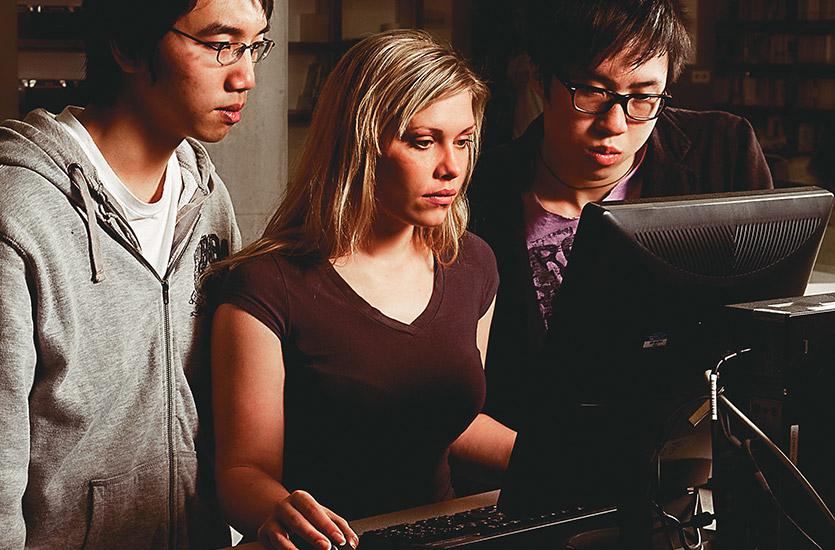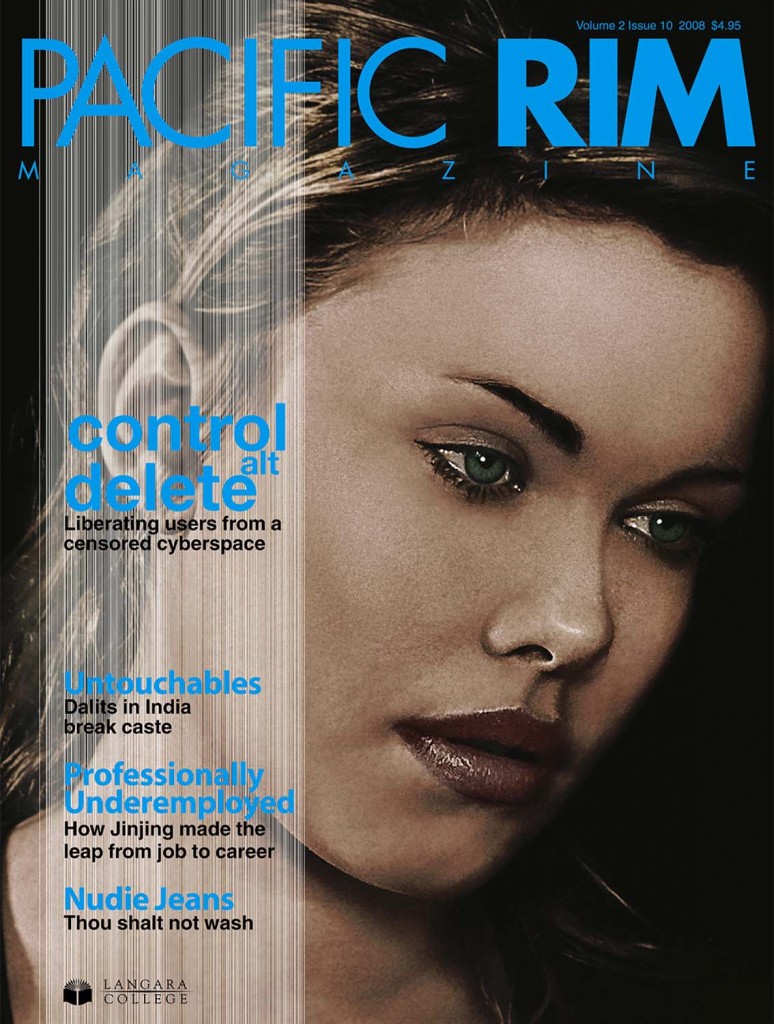Imagine opening a web browser, with the awareness that a government official was monitoring your every click and download. Cyber cops and net police sound like Orwellian science fiction, but to the typical Chinese citizen, these forces are real. In China, the web is policed and if you are online with a Chinese IP address, rest assured, your online activity is being monitored and the content available to you has been filtered. The prevalence of Chinese censorship is commonly referred to as “The Great Firewall of China”.
Tiananmen Square. Free Tibet. Democracy. Just some of the search terms for which results are being blocked. And of course, Internet users face consequences for contravening such restrictions. Websites have been shut down, and individuals have been jailed for voicing unpopular or subversive opinions online. Personal blogs are also censored in China.
Hacking Past Censorship
Enter the new activism of the electronic age: hackers who strive to make the World Wide Web what it ‘should’ be, what it was promised to be since its beginning—free, informative, unbarred and uncensored.
Ron Deibert is the Director of the Citizen Lab, a research and development group focused on liberating the Internet. He’s the co-founder and Principle Investigator for the OpenNet Initiative, a project examining Internet censorship and electronic surveillance around the world. He’s also the director of the Psiphon software project, which helps people in Internet-censored countries access information freely. And in addition to his electronic freedom fighting, he’s also an Associate Professor of Political Science at the University of Toronto.
“We’re trying to restore that original promise of the Internet,” Deibert says. “Psiphon helps people get around censorship. It’s based on social networks of trust, people working together.”
Released on December 1, 2006, Psiphon is a program that circumvents blocked websites. For a person in China to benefit, they must have a trusted friend or family member living in a country where the Internet isn’t censored. Psiphon turns the unblocked computer into a personal encrypted server which delivers requested content to the computer of the user China, providing them with net access, minus the restrictions. And the content being blocked isn’t what you might expect.
“Countries are tending to focus more on [censoring] content that is local, as opposed to international. You may expect to find countries blocking CNN or BBC, but more commonly they block local opposition groups. They block their own language disproportionately to English-content sites.”
This project has not been without criticism. The argument has been made that one person’s ‘censorship’ is another person’s ‘quality control’. Given that many of the blocked sites relate to China’s own history and political dealings, with Deibert’s group intervening and deciding what pages should be available to Chinese citizens, is he overstepping his boundaries and interfering with Chinese affairs?
Deibert doesn’t see it this way. What the Citizen Lab does is simply make information available, not tell people what they should know. Even still, Deibert is conscious of the interaction of different countries’ laws.
“The way to look at it is that there are competing norms, a norm of state sovereignty, states that are the ultimate authority, but there is also a contradicting right, a human right, the United Nations Declaration of Human Rights, signed by countries including China, that forbids making restrictions on access to information and freedom of speech. So you have competing norms. What we do is follow the norms that promote the Internet as an open public forum.”

Free Speech Isn’t Always Without Cost
James Tay, a Political Science student working with Deibert, feels strongly about online rights, and he should, having come from Singapore, a country that’s been known to filter politically charged online content.
“I left Singapore when I was 16,” Tay says. “If you know a little bit about Singapore, the media and the press are really owned by the state, so I would say that has influenced me in getting passionate about the cause of free speech and access to information.
“When Singapore was having their elections, I was keeping up-to-date with the news and I found that a big reason why there has been a one political party state for so long is because opposition parties were not allowed to use the Internet, podcasts or blogs to get their message out.”
According to Tay, countries don’t always start with the intent to filter as much content as they do. “Here at the Citizen Lab there’s something we like to call ‘mission creep’, which is what happens when states set up these mechanisms to initially filter out stuff like pornography or child porn and other sites like that, things they deem harmful to their citizens, but soon they don’t stop at pornography but they start to filter political opposition websites and news sites that are critical to them.”
In the media it’s been rumoured there are over 30,000 Internet police filtering content in China, and though that number was recently proven false (research done by the Citizen Lab found the number to be a myth and simply unverifiable), it still speaks volumes about the nature of Internet policing in China and common perceptions of it.
It’s whispered about and it’s feared, and therein lies its power. The truth is it doesn’t matter how many Internet police there are—whether it’s 30,000 or 30,000,000—because in China you’re constantly being reminded that they exist and the punishments they impose are severe. The feeling that you’re being watched is instilled permanently in the Chinese web surfer, it’s become par for the course. Despite the efforts of ‘freedom hackers’ like the Citizen Lab, it’s not something that’s likely to change any time soon.

Yahoo! Ratted Me Out!
In China, people have been sent to jail for websites, for blogs, even for emails. But it’s not always just the Chinese government at fault. North American companies such as Yahoo! and Google have also censored Internet searches in order to appease the Chinese government’s search restrictions in order to get a foothold in China and other Internet-filtering countries. That’s what happened when Chinese journalist Shi Tao was imprisoned after Yahoo! gave the Chinese government information that led to his capture. Now Tao is serving a ten year sentence for an email that mentioned Tiananmen Square that he sent through his Yahoo! account.
Photos for the print version of this article were taken by Eric Cairns.











